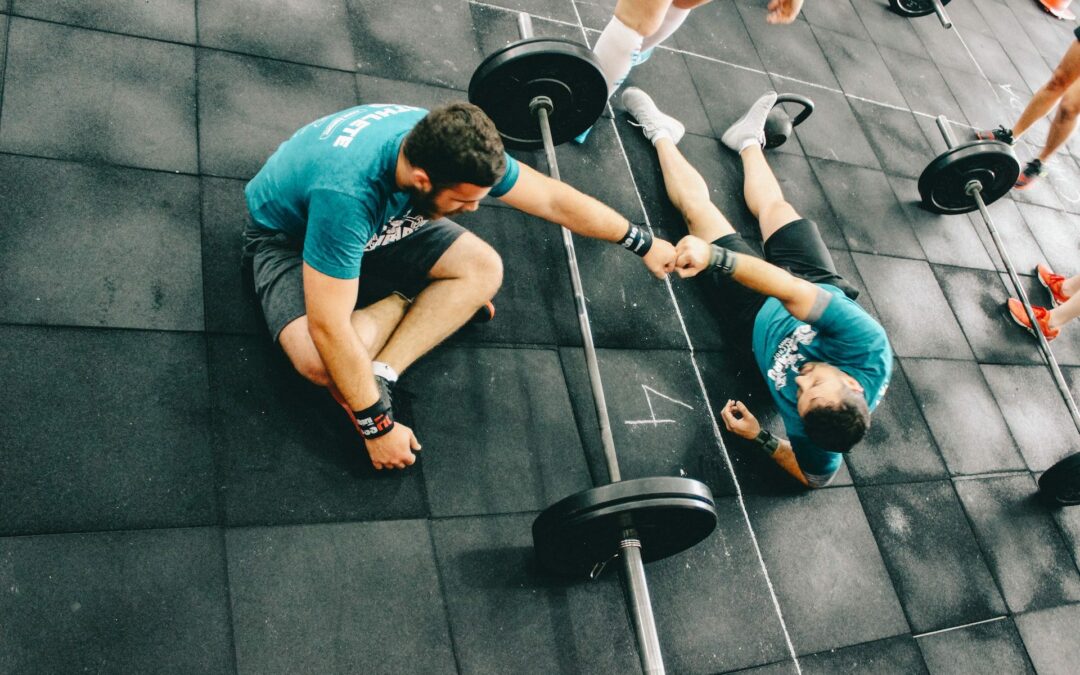When it comes to physical fitness, there is a wealth of options available to individuals. From traditional gym memberships to personal training, the possibilities are seemingly endless. However, if you are considering hiring a personal trainer, it is important to know what to ask in your first session.
How Is My Form?
When it comes to starting a fitness journey, the first step is to understand your form. Knowing your form is critical to ensure you are using the right techniques and avoiding any injuries. During your first session with a personal trainer, it is important to ask them about your form. Questions to ask about your form include: How does my posture look during each exercise? Are my elbows and knees in the correct position? Am I using the correct form for each exercise, and if not, what can I do to correct it?
It is also important to ask questions about the amount of weight you are lifting and the number of repetitions you are doing. This will help the trainer determine if you are pushing yourself to your maximum potential and if any modifications need to be made. Additionally, ask your trainer to provide feedback throughout your workout so you can make the necessary adjustments and improve your form. By asking the right questions, you will be well on your way to making progress and reaching your fitness goals.
What Should I Do on the Days We Aren’t Training?
When you’re first starting out with a personal trainer, one of the most important questions you should ask is what you should be doing on the days when you’re not training with them. This is an important question to ask because it can help you stay on track with your fitness goals and ensure that you’re making the most of your time with your trainer.
First, you should ask your trainer what type of exercises you should be doing on the days you’re not training with them. Depending on your goals, your trainer may suggest a particular type of workout, such as resistance training, interval training, or a combination of both. They may also recommend specific exercises that target a particular area of your body, such as your core or upper body. Additionally, they may give you tips on how to maximize your effort and get the most out of your workouts.
It’s also important to ask your trainer what type of diet they recommend. Eating a healthy, balanced diet is an essential part of any fitness plan. Your trainer can provide you with nutritional advice and give you tips on how to make healthy food choices. They can also recommend supplements if needed.
Where on My Body Should I Be Feeling This Exercise?
When beginning a personal training session, it is important to ask your trainer where you should be feeling the exercise. This will ensure that you are performing the exercise correctly and engaging the correct muscles. Your trainer should provide clear instructions on where the exercise should be felt and what muscle groups should be engaged. Knowing this information will also help you understand how the exercise will benefit your body.
For example, if you are performing a bicep curl, your trainer should provide instructions on how to correctly execute the exercise and where you should be feeling the exercise. If you are feeling the exercise in your shoulder instead of your biceps, your trainer should be able to correct your form and help you engage the correct muscles. Asking your trainer where you should be feeling the exercise will ensure that you are performing the exercise correctly and maximizing the benefits.
Final Thoughts
It is essential to ask questions when starting out with a personal trainer. Asking the right questions can help you understand your program better and help you make the most out of your sessions. By staying informed, you’ll be closer to reaching your fitness goals.
Make the most of your personal training sessions with the help of Pro10 Rehabilitative Massage & Training. We offer a rehabilitative approach to helping people both get and stay out of pain through medical massage therapy and individualized personal training. We are the first line of defense for recovery, injury prevention, and athletic performance. Get a free initial assessment now!

